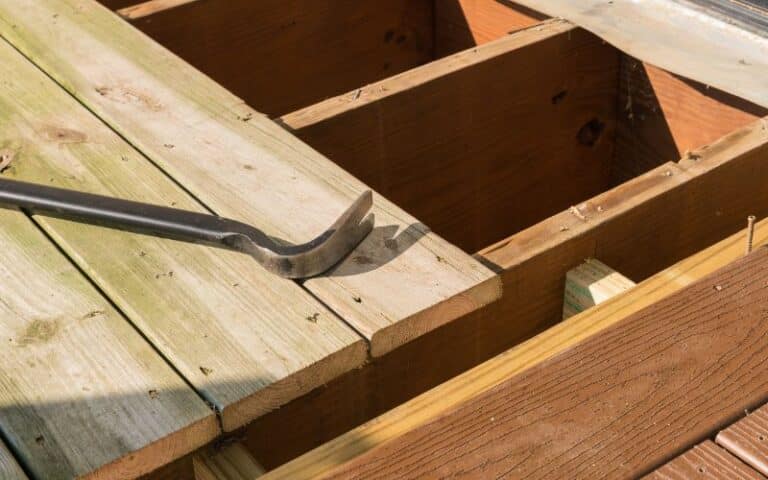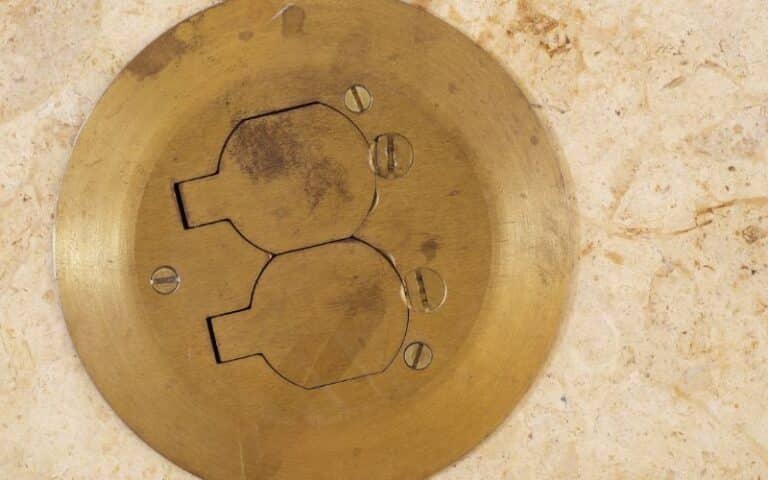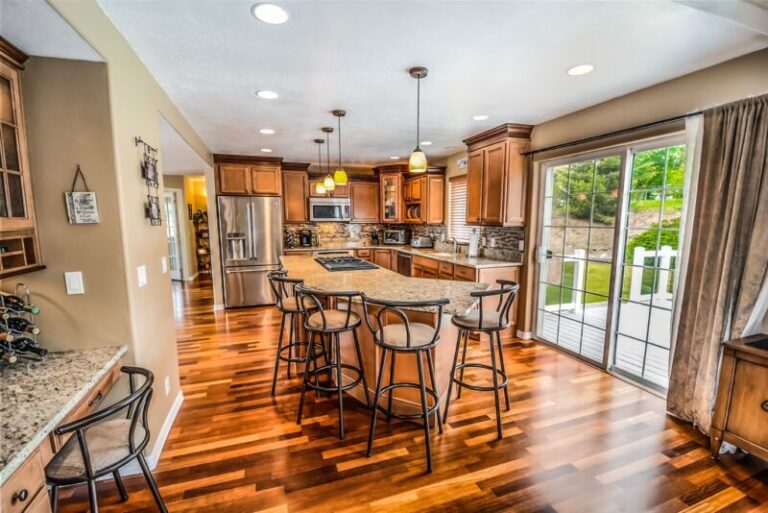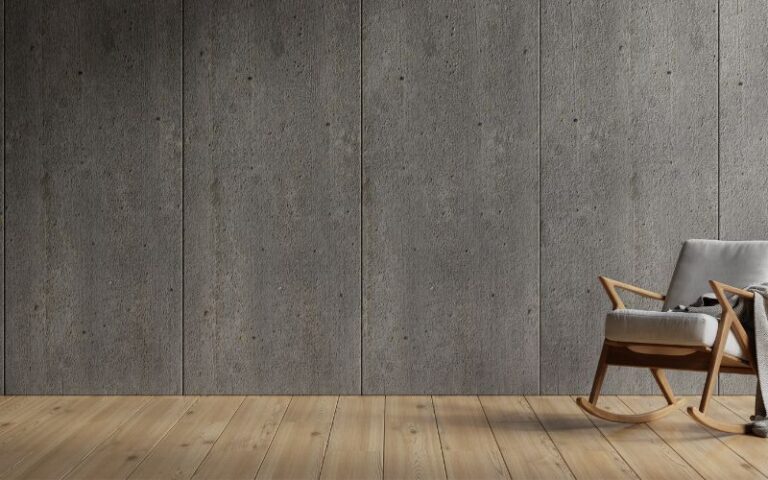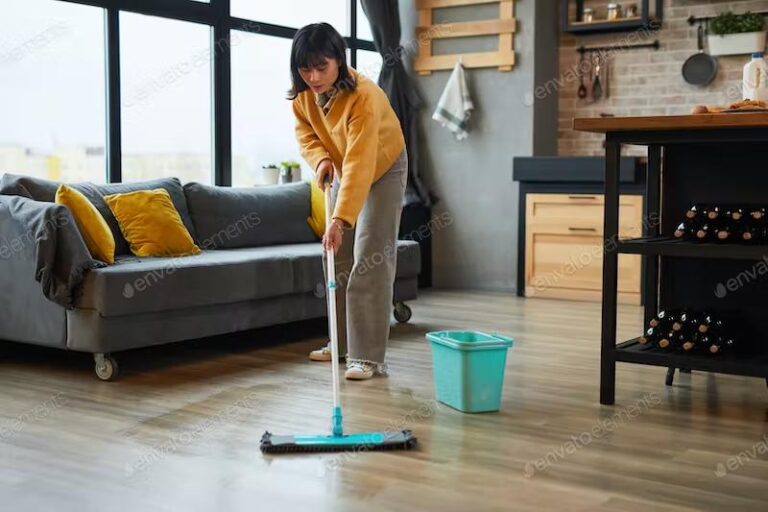Are you picturing those new hardwood floors on top of that concrete slab in your home? Despite the dangers of a hardwood floor on a concrete slab, the project is doable!
Consider common hardwood floor on concrete slab problems and work accordingly.
As you go through the sections below, you can expect an answer to this question and solutions to help you overcome the concerns! Keep reading to find out more about this unusual match;
Ready for a Flooring Quiz?
Initial Installation Concerns
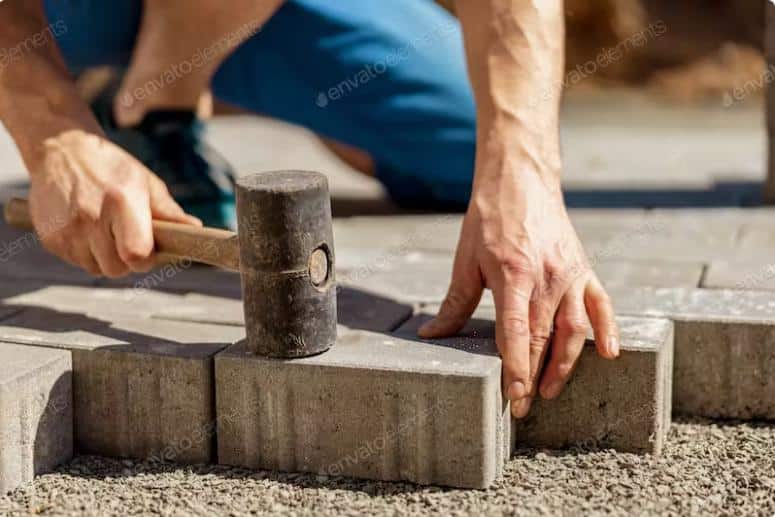
Remember that better installation leads to a durable and long-lasting hardwood floor. Incorrect installation might cost you more in the long run as you return to fix the issues.
Don’t just transport that hardwood floor and add it to the concrete without a second thought. Make sure you let it acclimate to the climate of your home.
Wood can expand or contract depending on the temperature of a place, so acclimation is a valid step before the final installation.
You can avoid moisture issues even before you reach the installation process! All it requires is for you to plan.
Problems with Moisture
Concrete might not be the best match for a hardwood floor. This is not due to the properties of either material but how they come together.
Concrete absorbs water at a much higher rate than hardwood. On the other hand, hardwood can experience deterioration when exposed to a lot of moisture.
Improper installation or a lack of attention can lead to long-lasting issues.
Before installing the hardwood floor, or getting it installed, make sure you check the concrete underneath.
The best way to avoid moisture concerns is to solve any moisture issues before placing the hardwood floor over the concrete.
An experienced contractor can guide you in meeting all of the requirements for the final installation. They can also use special moisture gauging systems to ensure the slab is ready.
Here are some things you should ensure to avoid hardwood floor on concrete slab problems;
#1. The Concrete Must be Dry
One of the things I have noticed during most of my hardwood floor installation projects is the lack of attention to concrete.
A concrete slab needs about two months to dry after it is poured. If you place hardwood floors on top of wet concrete, your wood can get damaged.
#2. The Concrete Must be Soft
This doesn’t require you to aim for the softest concrete out there. Sure, you must avoid hard concrete that rejects that hardwood floor. But concrete that is too soft can cause moisture issues.
#3. The Hardwood Must be Even
The placement of a hardwood floor also plays a major part. If your floor is laid out unevenly, it might not stand the test of time.
If you want your kids to be able to bounce balls on that hardwood floor, you might want to trust an experienced professional for the installation.
They can ensure your floor looks nice and performs as it should.
Early testing and prevention can help you get the perfect hardwood floors and avoid most concerns.
Have you considered this factor, and are you still searching for another hardwood floor-on-concrete slab problem to avoid? The following concern may help;
Bacteria and Other Water-Related Problems
Since a hardwood floor on a concrete slab is already susceptible to moisture-related issues, you must be extra careful.
In my experience, letting water leak onto the floor from appliances or seep into the concrete through groundwater is dangerous!
Moisture leads to a vicious cycle. Small droplets might form on your hardwood floors as soon as your concrete begins to let in moisture.
This is the first sign of concern. The longer the moisture stays on that floor, the more damage it experiences.
This eventually leads to mold and bacteria. You can easily recognize mold through an odor that stays in the air for a long time. It can cause diseases and must be dealt with immediately.
The best way to approach these problems is to repair the floor before it gets completely damaged.
Replacing the hardwood floors can cost much more than treating the problem ahead of time.
A Secret Tip for Hardwood Floor on Concrete Slab Problems
Regular maintenance can prevent an issue that can get out of hand. Before it is too late, you must stay one step ahead of that hardwood floor and notice cracks in the foundation (or moisture on the wood).
Instead of focusing on a cure and spending much money on a replacement, perhaps getting your floor checked by a professional is best.
The more you know about that floor, the easier it will be to conduct regular maintenance checks yourself.
Since you know hardwood floors and moisture aren’t a great match, avoid placing leaky appliances near these floors.
Keep them safe from moisture as much as possible and conduct regular moisture checks for the best and most long-lasting floors.
Final Thoughts
Are you beginning to notice the warning signs of a damaged hardwood floor? Is that why you are searching “hardwood floor on concrete slab problems?”
Perhaps you are considering adding hardwood floors to a concrete slab and preparing in advance.
Whatever the case, remember that hardwood floors can work with concrete slabs. They might need some care and attention.
However, at the end of the day, hardwood floors may last a lot longer than another flooring.
Hardwood is a great material for your floors. The durability and look can add value to your home and delight guests during that annual Christmas party!
I suggest you take a long, hard look at your hardwood floor and try to spot early signs (if any) of damage or moisture. Nip the problem in the bud before it’s too late!

